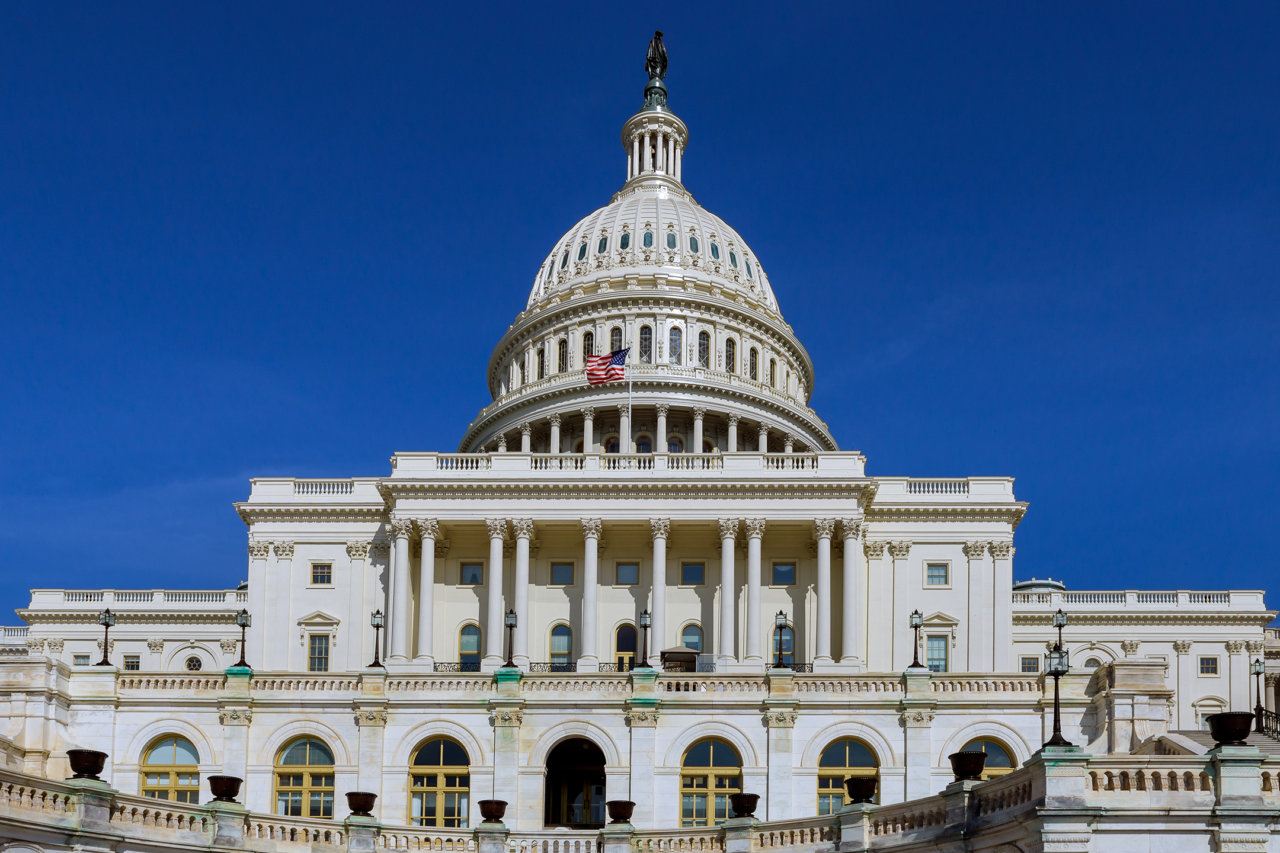 BY John Hawkins, President, THA
BY John Hawkins, President, THA
If there’s one theme you’ve seen me come back to in this column in the past year or so, it’s this one: Hospitals need help. Up in Washington, D.C., congressional lawmakers have a golden opportunity in front of them to give our safety-net hospitals – and the vulnerable patients they serve – a major helping hand by avoiding payment cuts that would total billions.
Two members of the Texas congressional delegation are taking the lead on that effort, and here at the Texas Hospital Association, we’re encouraging their delegation colleagues – and you – to join them.
Right now, federal Medicaid Disproportionate Share Hospital (DSH) payments – an indispensable piece of how our hospitals extend care to as many Texans as possible – are set for deep cuts in the next four fiscal years (FY) – 2024 through 2027. DSH payments go to hospitals that serve particularly high percentages of patients who are enrolled in Medicaid or uninsured. They’re vital to offset our state’s burden of uncompensated care and Medicare payments that don’t measure up to cost. In fact, during the year 2020, with those and other supplemental government payments, Texas hospitals still ended up providing $4.6 billion in unreimbursed care.
The planned cuts for the next four fiscal years come out to $8 billion per year nationwide. For FY 2024 (which begins this Oct. 1), Texas’ DSH allotment is expected to decrease by $800 million, or 37%. If you think that sounds like a seismic shock to our safety net, you’re right.
That’s why THA – along with the American Hospital Association – was heartened in late April to see the filing of the Supporting Safety Net Hospitals Act (House Resolution 2665), authored by Rep. Yvette D. Clarke (D-N.Y.) and originally cosponsored by two Texas Congressmen: Reps. Michael Burgess, MD (R-Lewisville) and Dan Crenshaw (R-Houston), along with Rep. Diana DeGette (D-Colo.).
The Supporting Safety Net Hospitals Act would immediately repeal – not merely delay, but repeal – the $16 billion in cuts scheduled for the next two fiscal years. Frankly, there may be no more impactful immediate step this Congress can take to maximize hospitals’ ability to care for patients all over Texas. My opinion may seem biased, of course – but you don’t just have to take the word of hospitals on the impact these cuts could make if they’re allowed to stand.
The nonpartisan Medicaid and CHIP Payment Access Commission (MACPAC), which provides Congress with policy and data analysis on Medicaid matters, released its annual analysis of DSH state allotments in March. MACPAC’s report said the magnitude of the cuts “may disrupt the financial viability of some safety-net hospitals and the services that they provide.” MACPAC also noted its previous recommendation that if there are to be cuts, “they should be phased in gradually to help mitigate disruptions for DSH hospitals by providing more time to plan for potential changes before the full amount of reductions takes effect.”
The leadership role Reps. Burgess and Crenshaw are taking is much appreciated in our corner of the world, and the more Texas legislative force behind this bill, the better. THA staff made a trip to Washington late in April – in the throes of the state legislative session that wraps up here in Austin in less than two weeks – to discuss the Supporting Safety Net Hospitals Act with Texas congressional House and Senate staff. To illustrate the ramifications of allowing these cuts to stand, we distributed to each House member’s office a district-specific impact analysis showing how much their local hospitals rely on DSH payments.
So we’re rallying support for this bill, and I encourage you to do so as well. Let your representatives in Washington know how important it is to keep DSH funds flowing to our safety-net hospitals and encourage them to cosponsor HR 2665. Without those funds, uncompensated care will become too much for many of our hospitals to bear, leading to reduction of services, closures and reduced access to care for everyone: the insured, the indigent, the underinsured and the uninsured.
If the Supporting Safety Net Hospitals Act passes, it won’t be the end of our fight to avoid major DSH payment cuts in the near future; as of now, $8 billion in cuts are also still on the books for FYs 2026 and 2027. But this bill is a major start – one that many of our safety-net facilities need to avoid what could be a regrettable end.


